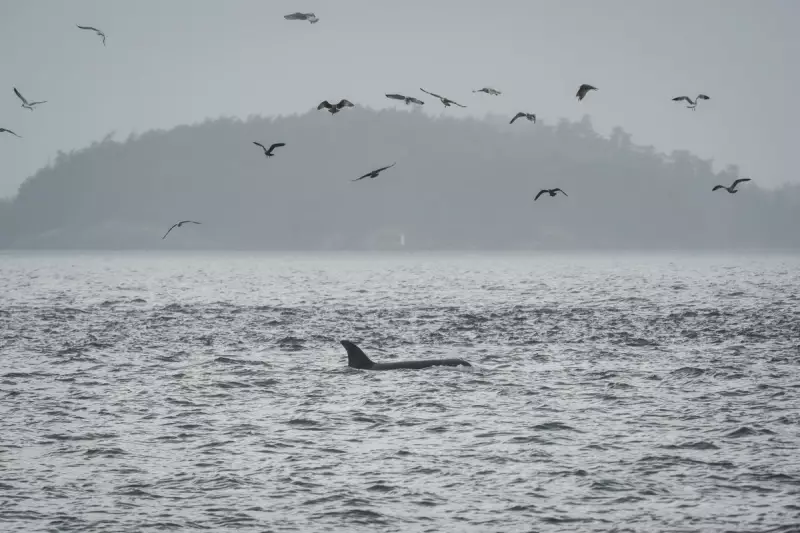
In a startling revelation that could reshape marine conservation efforts, scientists have uncovered a disturbing pattern affecting some of the ocean's most majestic predators. New research reveals that endangered orca populations are facing a reproductive crisis directly linked to their primary food source.
The Hunger Games of the Deep
Researchers from the University of Washington have discovered that when killer whales experience nutritional stress, they enter a biological state where reproduction becomes nearly impossible. The study, published in the journal Nature Ecology & Evolution, demonstrates that these magnificent creatures essentially shut down their reproductive systems during periods of insufficient food.
"It's a survival mechanism with devastating consequences," explained the lead researcher. "When salmon populations decline, orcas stop breeding altogether."
Chinook Salmon: The Missing Link
The research focused specifically on the Southern Resident killer whales of the Pacific Northwest, who rely almost exclusively on Chinook salmon for sustenance. These particular orcas have been classified as endangered since 2005, with their numbers dangerously low.
Scientists analysed nearly four decades of demographic and physiological data, creating a comprehensive picture of how food scarcity impacts whale populations over time. The findings were unequivocal: poor nutrition leads directly to reproductive failure.
Conservation Implications
This breakthrough research provides crucial insights for conservation strategies. Rather than focusing solely on direct protection measures, the study suggests that restoring salmon populations may be the most effective way to save these endangered whales.
"We cannot protect orcas in isolation," the researchers emphasised. "Their survival is intrinsically tied to the health of their entire ecosystem, particularly their primary food sources."
The implications extend far beyond the Pacific Northwest, offering valuable lessons for marine conservation efforts worldwide and highlighting the complex interconnections within marine ecosystems.





